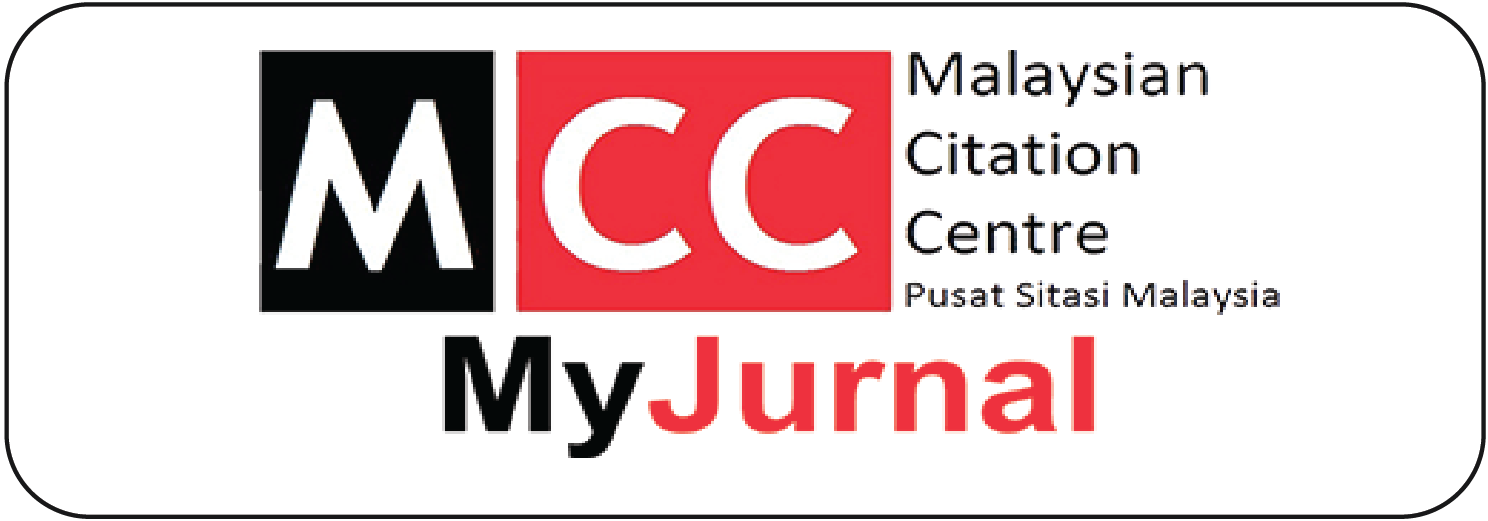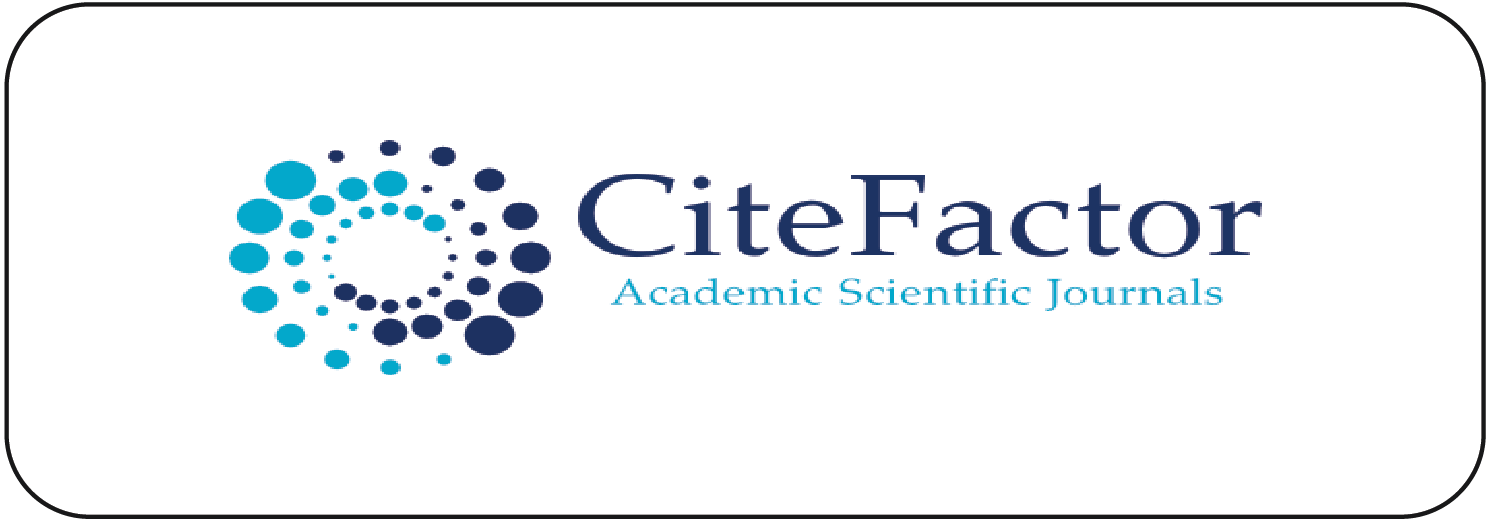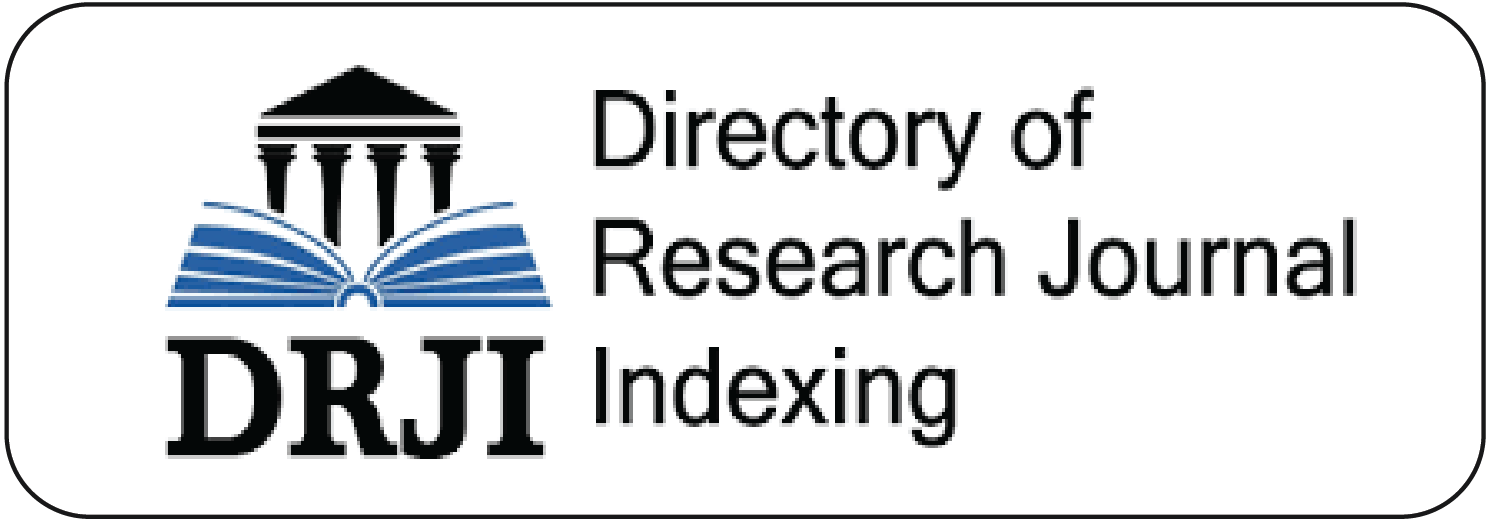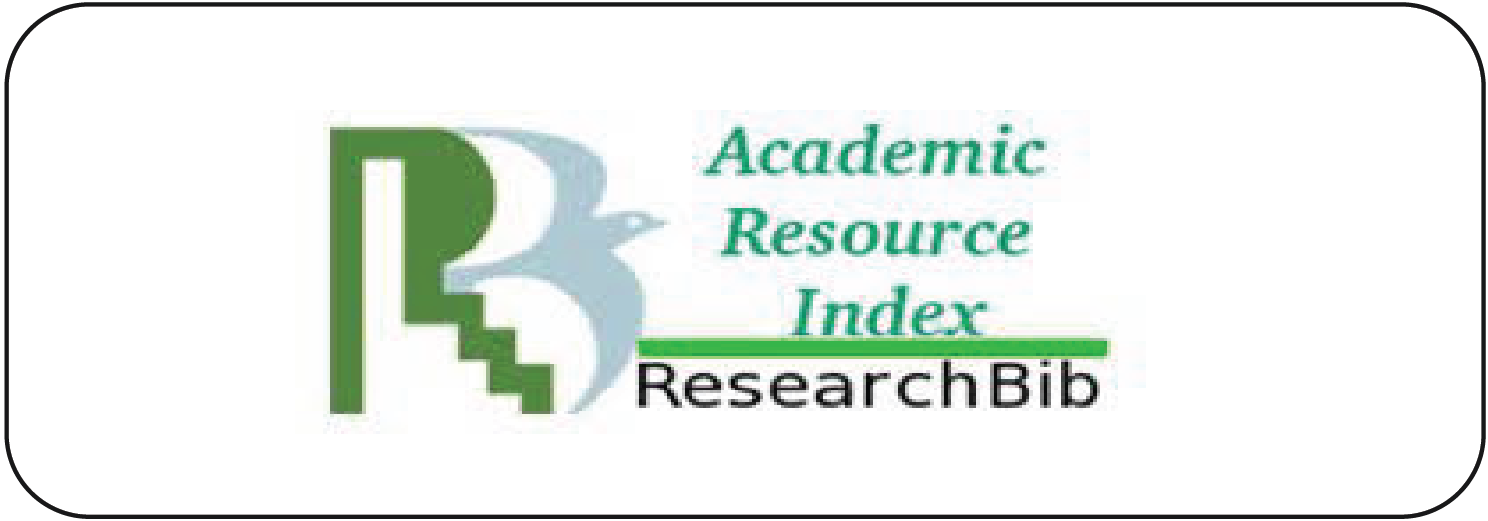Implementing Islamic Corporate Social Responsibility (ICSR) and Sharia Objectives: Pt Semen Padang Indonesia Case Study
DOI:
https://doi.org/10.51377/azjaf.vol5no1.183Keywords:
Islamic CSR, maqasid al shariah, Semen PadangAbstract
This study aims to examine the concepts of Islamic corporate social responsibility (ICSR) and maqasid al shariah (sharia objectives) in the growing literature and debates on Islamic economic and corporate governance. Exerting a real business entity, PT Semen Padang, the objective is to contextualize whether the noble and theoretical aspirations can be grounded and tested under real circumstances. This study uses case study based-qualitative research methodologies. Company data and information were collected through in-depth interviews with key informants, examined using content analysis, and discussed in view of relevant literature. The findings conclude that ICSR and maqasid al shariah can comply with and suit the modern business operations and evaluation at PT Semen Padang, as evidenced in the alignments of the practices and objectives. The finding also shows that, although Islamic values are not envisioned explicitly, the teaching has long dictated the internal corporate culture and the company direction. The next issue to be discussed in further research is how the business entity deals with debt liability and interest-based transactions.
Downloads
Downloads
Published
How to Cite
Issue
Section
License
Copyright (c) 2024 Ahmad Hudaifah, Wahyu Agung Handono, Muhammad Asyhad, Hanifah, Bambang Tutuko, Ahmad Dahlan Malik

This work is licensed under a Creative Commons Attribution-NonCommercial-NoDerivatives 4.0 International License.





















